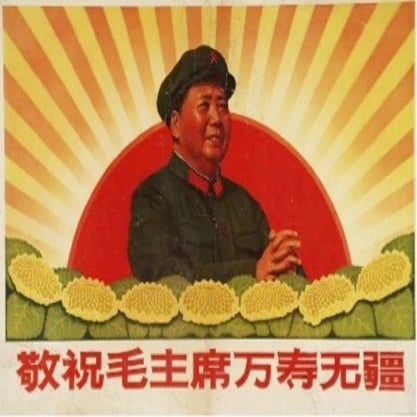Article
Lu, Xun (1881–1936) By Shao, Flora
Article
Lu Xun, a pre-eminent man of letters in twentieth-century China, is widely regarded as the father of modern Chinese literature. Writing during China’s tumultuous transition from a dynastic empire into modern nation-state, Lu Xun was one of the leading practitioners of the nationalist ‘New Literature’ as well as a driving force behind the iconoclastic New Culture Movement and other intellectual reforms. His works have been celebrated for their trenchant critique of the cultural malaise of Chinese society. His inimitable style of acute self-reflexivity, combined with dark sarcasm, set an example for later writers who were similarly engaged in literature as a form of social critique.

